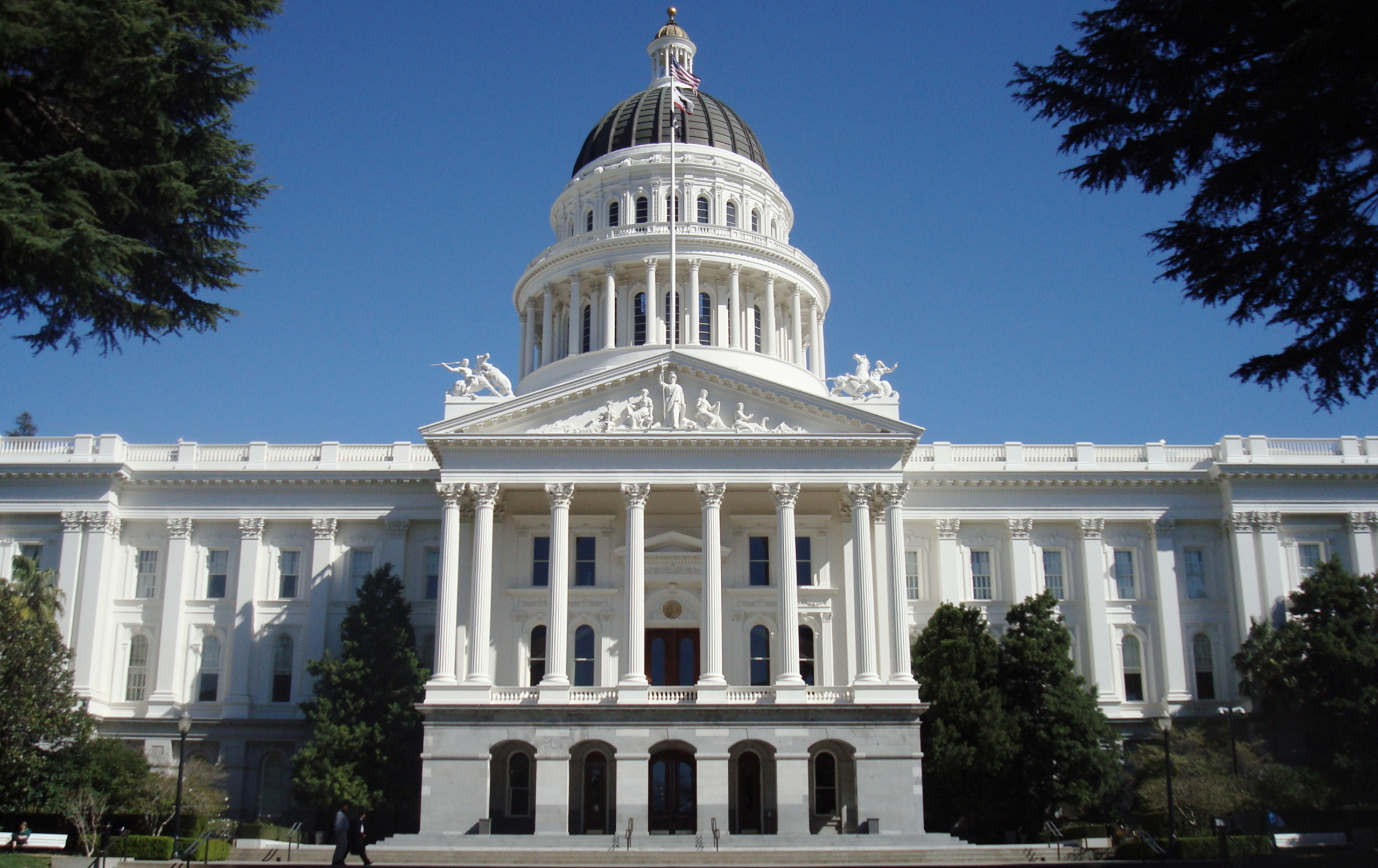Governor Gavin Newsom signed a bill into law that would reinstate Covid sick pay for those who are infected or quarantining from Covid-19.
The governor signed Senate Bill 114 into law on Wednesday, Feb. 9, which calls for employers with 25 or more employees to pick up Covid sick pay if an employee is unable to work or telework due to Covid-19. This new law is retroactive to 1/1/22, and expires on 9/30/22. It does not apply to employers with less than 25 employees.
This bill appears to be a little different from prior iterations by making it really easy to get an initial 40 hours of Covid sick pay, and requiring a positive test for an additional 40 hours of Covid sick pay.
The bill says that an employee is entitled to take up to 40 hours of Covid sick leave if they worked full time in the two weeks prior the leave. They can take up to 40 hours if they are:
- Attending a Covid-19 vaccine or vaccine booster appointment for the employee or a family member
- The employee is experiencing Covid-19 symptoms
- The employee is caring for a family member who is experiencing Covid-19 symptoms
They can get an additional 40 hours (brings the total up to 80 hours) of Covid sick pay if:
- The employee tests positive for Covid-19, or
- The family member they are caring for tests positive for Covid-19

CAL-OSHA INCORPORATED
What is also interesting is that this bill continues to incorporate the Cal-OSHA Emergency Temporary Standards, which call for employees who have work-related Covid exposures to be paid as if they are still there. So if one has an industrial exposure to Covid and has to take leave, the employer should pay them as if they are still there according to the Cal-OSHA regulations, which can be found in CCR 3205(c)(9)(D). That section says:
(D) For employees excluded from work under subsection (c)(9), employers shall continue and maintain an employee’s earnings, wages, seniority, and all other employee rights and benefits, including the employee’s right to their former job status, as if the employee had not been removed from their job. Employers may use employer-provided employee sick leave for this purpose to the extent permitted by law. Wages due under this subsection are subject to existing wage payment obligations and must be paid at the employee’s regular rate of pay no later than the regular pay day for the pay period(s) in which the employee is excluded. Unpaid wages owed under this subsection are subject to enforcement through procedures available in existing law. If an employer determines that one of the exceptions below applies, it shall inform the employee of the denial and the applicable exception.
If the employee claims they were exposed at work and the employer disagrees because they were exposed elsewhere, then the employer should document their proof and SB 114 would apply. (That’s the 40 hours, and then the additional 40 hours with the positive test we mentioned above.)
SB 114 originally faced significant opposition. To help bolster support for the bill, lawmakers also simultaneously approved SB 113, which contains a plethora of tax breaks for a wide variety of restaurants and other businesses. Click here to read the governor’s news release about the approval of both SB 114 and SB 113.
TEMPORARY DISABILITY
If an employee has alleged a workers’ compensation claim for Covid-19, the employer should immediately notify their workers’ compensation claims administrator while still paying pursuant to the Cal-OSHA regulations or SB 114.
Keep in mind that the administrator still has the right to decide whether to accept or deny the claim within the applicable statutory periods. And even if the carrier does accept a claim, they still are entitled to require evidence that the applicant was temporarily disabled before picking up temporary disability.
If the employer isn’t paying Cal-OSHA sick pay because they don’t believe that a work-related exposure occurred, then they need to notify the administrator about that.
Granted, all of this is rather new and somewhat complex, and we field questions about these topics all the time. If you have questions about when Covid sick pay or TTD is due, please feel free to contact Bradford and Barthel’s Covid Response Team at covid@bradfordbarthel.com.
Got a question about workers’ compensation defense issues involving the coronavirus? Feel free to contact Bradford and Barthel’s Covid Response Team at covid@bradfordbarthel.com. John P. Kamin, the author of this article, is a member of the team. Mr. Kamin is a workers’ compensation defense attorney and partner at Bradford & Barthel’s Woodland Hills location, where he monitors the recent legislative affairs as the firm’s Director of the Editorial Board. Mr. Kamin previously worked as a journalist for WorkCompCentral, where he reported on work-related injuries in all 50 states. Please feel free to contact John at jkamin@bradfordbarthel.com or at (818) 654-0411.
Viewing this website does not form an attorney/client relationship between you and Bradford & Barthel, LLP or any of its attorneys. This website is for informational purposes only and does not contain legal advice. Please do not act or refrain from acting based on anything you read on this site. This document is not a substitute for legal advice and may not address every factual scenario. If you have a legal question, we encourage you to contact your favorite Bradford & Barthel, LLP attorney to discuss the legal issues applicable to your unique case. No website is entirely secure, so please be cautious with information provided through the contact form or email. Do not assume confidentiality exists in anything you send through this website or email, until an attorney/client relationship is formed.


